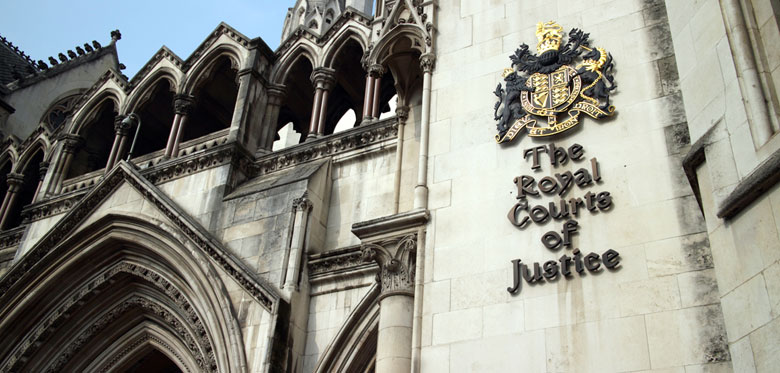On the 9th June 2022 the Court of Appeal quashed the convictions in the case of R V Johnson 2022 EWCA 790.
The appellant was represented by Miss Correna Platt of Stephensons and Mr David Emanuel QC of Garden Court Chambers.
The applicant throughout the proceedings was unrepresented and entered guilty pleas to a number of serious sexual offences.
He later sought to appeal against the convictions on the basis that:
- The pleas were equivocal
- The pleas were manifestly unreliable due to his cognitive deficiencies
The general position is that when a represented defendant has pleaded guilty, it is extremely rare that a statement by the defendant alongside those pleas that he has “done nothing wrong” or “did not know he was doing anything wrong” will be sufficient to render the plea equivocal.
This is because, in such cases, the court can usually safely proceed on the basis that the defendant has had the ingredients of the offence properly explained to him by his lawyers, such that the plea reflects a formal acceptance by the defendant that those ingredients are made out.
The case of R V Johnson was unusual as:
- He was not, and had never been, legally represented.
- The judge at the plea hearing did attempt to establish his state of mind, however the defendant’s response expressed doubt about whether he had the requiste state of mind to be guilty and as such was inconsistent with his guilty pleas.
The Court of Appeal stated that:
“the applicant had added a clear “qualification” immediately prior to the indictment being put which, if true, may have meant that he was not guilty of the offences, namely he raised a clear doubt as to whether he had the mens rea necessary for any of these offences. Bearing in mind he was an unrepresented defendant, these were equivocal pleas which render the proceedings based on them a nullity. “
The Court of Appeal in passing judgement further added:
“We would stress that in the case of an undefended defendant who pleads guilty, care should always be taken to see that he or she understands the elements of the offence, especially if there are indications before the judge that the accused may have a defence.“
The Court of Appeal allowed the appeal and the appellant’s five convictions were quashed and no retrial was ordered.




Comments